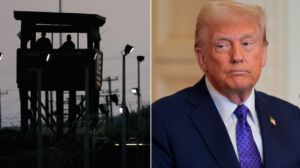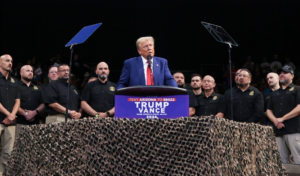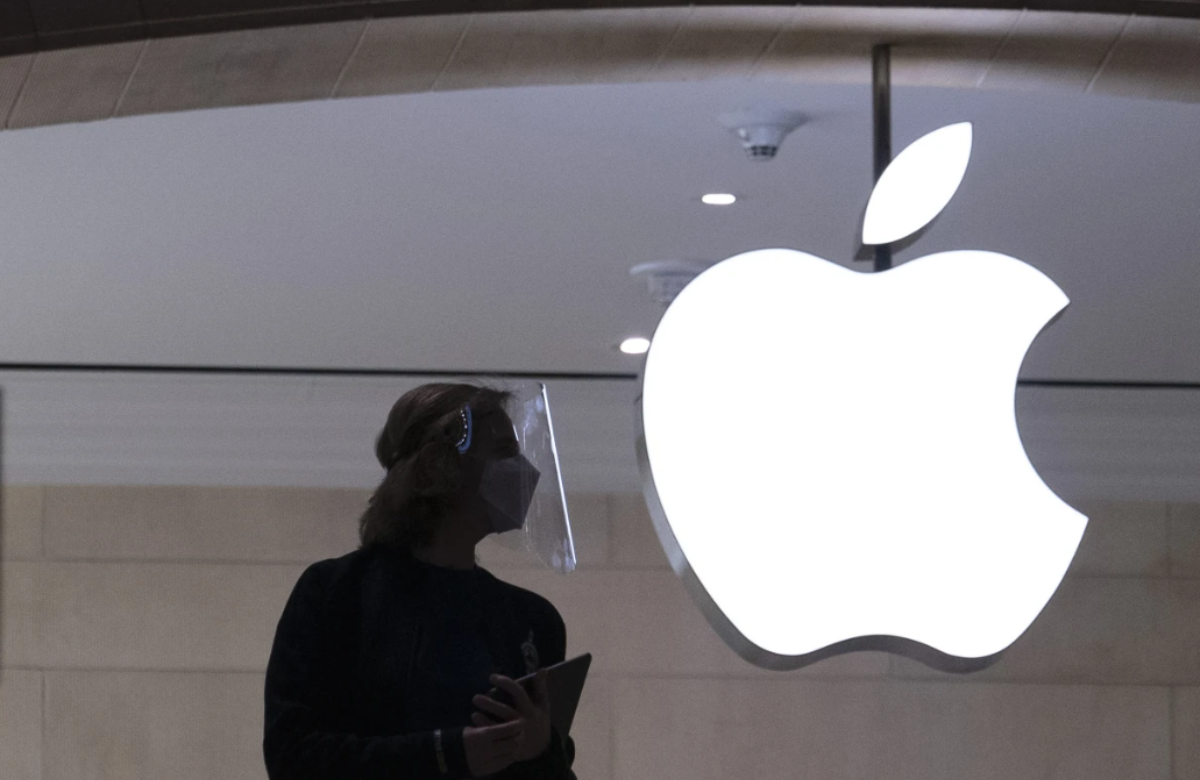Treasury Secretary Scott Bessent said Sunday that Walmart — the largest retailer in the U.S. — may pass along some of the costs from President Donald Trump’s new tariffs to its customers through higher prices.
Bessent detailed a recent conversation with Walmart CEO Doug McMillon, just a day after Trump warned the company not to raise prices and promised to monitor its response closely.
While concerns about the broader economic impact of the tariffs continue, Bessent defended the administration’s strategy, describing the economic uncertainty caused by Trump’s trade tactics as a deliberate and useful negotiating tool. He also downplayed the significance of Moody’s recent downgrade of U.S. government debt, calling it outdated and already reflected in financial markets.
Despite Trump’s insistence that companies — not consumers — would bear the burden of the tariffs, Walmart appears unlikely to fully absorb the increased costs. “Walmart will be absorbing some of the tariffs; some may get passed on to consumers,” Bessent said during an interview on CNN. “Overall, I would expect inflation to remain in line. But I don’t blame consumers for being skittish after what happened to them for years under Biden,” he added, referring to the inflation spike that peaked in June 2022 during Joe Biden’s presidency, driven by pandemic recovery efforts, government spending, and the war in Ukraine.
Walmart has not publicly responded to Bessent’s characterization of his call with McMillon.
On Saturday, Trump posted on social media that Walmart should not raise prices to offset tariffs, warning: “I’ll be watching, and so will your customers!!!”
Bessent also addressed Walmart’s cautious outlook during its earnings call last Thursday, saying the company was legally required to present a “worst-case scenario” to avoid litigation. Speaking on NBC, he suggested that any actual price hikes would likely be modest.
However, Walmart executives indicated last week that prices on some items began increasing in late April and have risen further in May. “We’re built to keep prices low, but there’s a limit to what we can bear — or any retailer for that matter,” said Walmart’s Chief Financial Officer John David Rainey.
Regarding the U.S. debt downgrade, Bessent labeled it a “lagging indicator,” arguing that financial markets had already accounted for the nation’s total federal debt, which now stands around $36 trillion. Nevertheless, Trump’s proposed tax plan could add another $3.3 trillion to deficits over the next ten years — including an estimated $600 billion in 2027 alone, according to an analysis by the Committee for a Responsible Federal Budget.
Bessent dismissed concerns about rising deficits, claiming economic growth would eventually outpace the increase in debt, shrinking its share of the overall economy. Still, most independent analysts remain skeptical that the U.S. can achieve 3% average economic growth. Although Trump’s 2018 tax cuts did spur short-term growth, they also contributed to a higher federal deficit than previously projected by the Congressional Budget Office.
As for tariffs, the administration is currently negotiating terms with around 40 major trading partners, with a final decision expected by July. Talks with China are also underway, with a 90-day negotiation period in progress following a recent agreement to lower tariffs from 145% to 30% in order to reset the discussion.
Bessent acknowledged that small business owners’ concerns about tariffs likely stemmed from the higher rates previously in place, but reiterated that the uncertainty is intentional. “Strategic uncertainty is a negotiating tactic,” he said. “If we were to give too much certainty to the other countries, they’d take advantage of it in the talks.”
Bessent made his remarks during appearances on NBC’s Meet the Press and CNN’s State of the Union.













